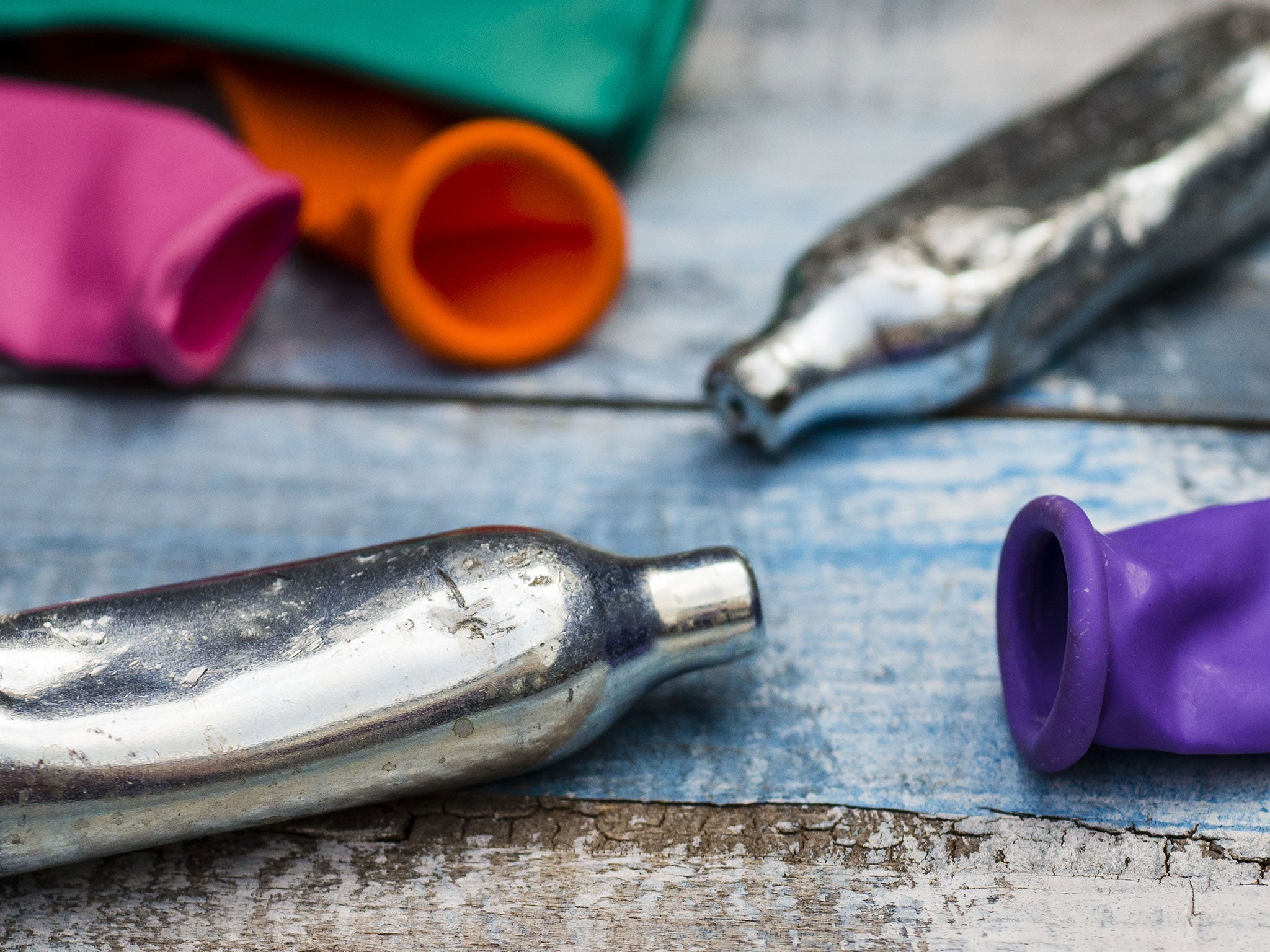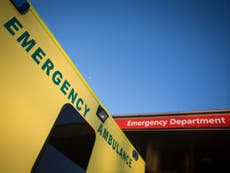This Government’s ban on legal highs is mind-bendingly stupid
The most deadly substances abused in our society are alcohol, sugar and tobacco, not cannabis, ecstasy and nitrous oxide


Sometimes it is hard not to wonder at the stupidity of Westminster. Advanced nations around the world are waking up to the failure of the war on drugs, with more than 20 countries introducing forms of decriminalisation. From Lisbon and Prague to Mexico City, Montevideo and Washington, policy-makers have learned the lethal absurdity of prohibition and the corrosive consequences of handing control of a £200bn trade to the most savage gangsters on the streets.
But not here in Britain. Our politicians still fight the futile battles of the past. The view from Whitehall is that if people are using nitrous oxide for a cheap hit at a festival, or buying a cannabis-like substance for a giggle, they must be stopped at all costs (even if many ministers themselves used illegal substances in their youth). So the Government, having banned 500 new drugs already, has announced a crackdown on all legal highs.
Under legislation outlined in the Queen’s Speech, hastily cobbled together in the wake of the surprise Tory victory, there will be a ban on “any substance intended for human consumption that is capable of producing a psychoactive effect”, apart from specified exemptions such as alcohol, caffeine, tobacco, food and medical products. There is, of course, the faint whiff of authoritarianism about a state outlawing everything except those products it sanctions. But put that aside and consider the arguments behind the move.
The Home Office minister Mike Penning says the 400,000 young adults who took a hit of “hippie crack” last year, or those buying legal highs sold as bath salts, are taking risks with their health while the vendors profiting from their sale disregard potential consequences. The move follows pressure from the Local Government Association, which argues that the products are unregulated so users have no idea what they are taking. “Young people are playing Russian roulette with their health and sometimes their lives,” councillor Ann Lucas warned.
They are both right. It is claimed that at least 90 people died from “legal highs” in 2013, although analysis showed that few of the drugs involved were in fact legal. But there is a risk in using any drug – although people have enjoyed them from the dawn of time. So the key question is, how do we ensure the safety of users while minimising wider costs to society? Only someone under the influence of strong hallucinogens – or a politician looking for crowd-pleasing legislation – would conclude that the answer lies in this kind of knee-jerk blanket ban.
As Danny Kushlick from the Transform Drug Policy Foundation argues, prohibition is absence of government, not good governance, since it cedes control to those on the wrong side of the law. Prohibition of drugs, like prohibition of alcohol before it, has been a catastrophe for all except the gangsters and terrorists who extort, maim and murder their way to control of the trade.
Experts asked by the Home Office to review legal highs admitted this last September, warning that the move could push users towards harder drugs and create an illegal market controlled by organised crime. “Health and social harms could increase if there is displacement to more harmful substances,” they warned. Evidence from Poland, the model for such a ban, shows that this is precisely what happened. There was a brief fall in hospital admissions, but within three years the numbers bounced back, once the new, criminal- controlled market established itself.
It is mind-bendingly obvious that the safest solution for both drug users and society at large is some form of regulation. We could follow the Netherlands with its network of drug testing centres, so users can check what they have bought, reducing harm and ensuring early warning of dangerous new drugs. Or we could follow New Zealand and legalise milder products to reduce proliferation of potentially riskier ones. Yet most logically, we should simply let users have the pills and powders they really want by permitting all drugs, but ensure they are sold under licence by state-sanctioned outlets rather than crooks.
What makes this political myopia all the crazier is Westminster’s caution when it comes to the really lethal substances. Ministers refuse to introduce minimum pricing for alcohol, which kills almost 20 times the number of Britons as heroin, by far the deadliest illegal drug. Cigarettes can still be sold without licence at sweet shops – yet as Mr Penning said about legal highs, those profiting from their sale clearly disregard the deadly consequences.
When the health minister George Freeman recently made the sensible suggestion of a tax on sugar to meet soaring costs of obesity, he was slapped down rapidly by Downing Street. Yet diabetes drains one in every 10 pounds from the health budget, while excess weight causes one in four heart disease deaths. Just listen to Simon Stevens, the chief executive of NHS England, who yesterday branded sugar a “slow burn of poisoning … that goes on to causes cancers, diabetes, heart disease”.
The most deadly substances abused in our society are alcohol, sugar and tobacco, not cannabis, ecstasy and nitrous oxide. Yet the solutions are the same: education and regulation. Instead complacent politicians play to the gallery, taking aim at the wrong targets as they load up their arsenal again in the backfiring war on drugs.




Join our commenting forum
Join thought-provoking conversations, follow other Independent readers and see their replies